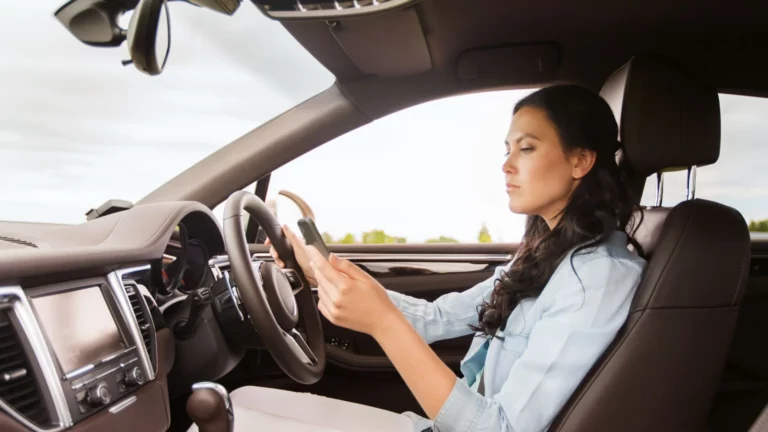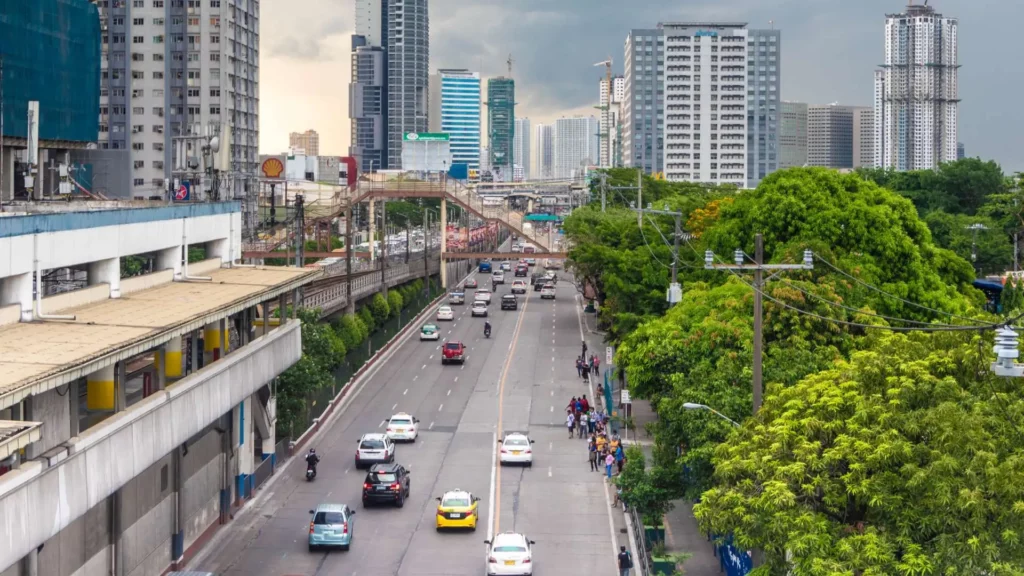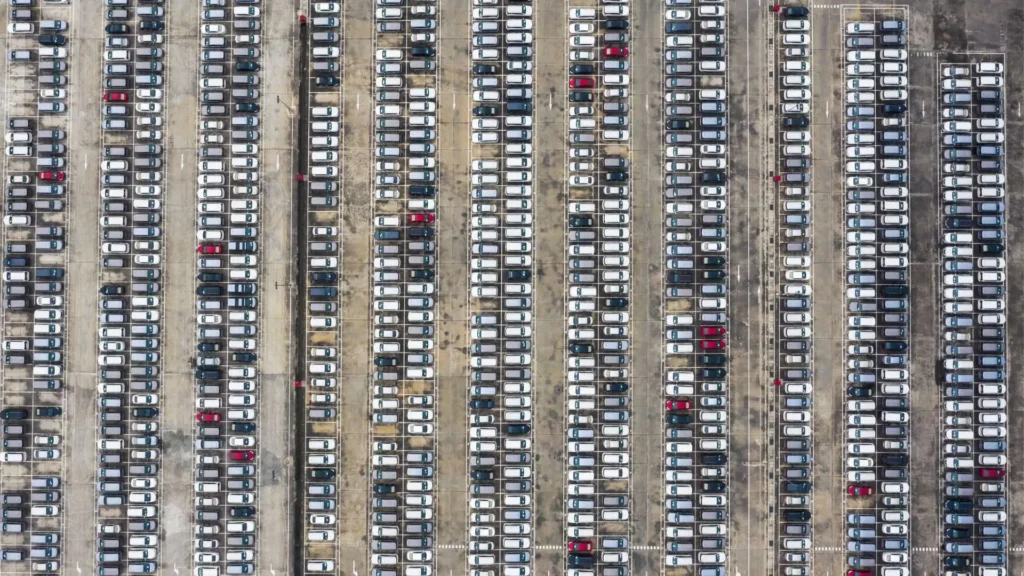Even though you have a clean driving record and are yet to file a claim, a rise in your car insurance cost can be frustrating. Do you ask: Why did my car insurance go up? It is essential to understand that insurance premiums don’t rise on a whim. The reason is almost always associated with insurance risk.
There has been a 9% surge in drivers on the road between 2010 and 2019 in the USA. Drivers also traveled astonishingly 300 billion more miles in 2019 compared to 2010. As drivers and miles traveled surged by 9% and 10% during the period, respectively, crashes went up by 25%. There may be other reasons why car insurance goes up other than car accidents and traffic violations. It can include moving to a different state, getting a new vehicle, or filing a claim in your zip code.
Why Did My Car Insurance Go Up?
It is possible that you have encountered at least one of the following factors if you wonder, “Why did my car insurance go up?” Although most of these factors can be managed, there are times when your rate may increase or even decrease for reasons outside your control.
Tickets for Speeding and Other Moving Violations
DUIs and multiple speeding tickets indicate to your insurer that you are more likely to get into an accident than a driver with no violations. A higher number of violations increases your risk of filing a claim, resulting in a higher auto insurance rate. You could see your auto insurance rates rise even if you commit a minor moving violation. A parking ticket may not potentially impact your insurance rate.
Accidents (Both At-Fault and Not-At-Fault)
In the same way, as with violations, at-fault accidents on your record indicate you’re at risk for another. As a result, your insurance company will charge you accordingly. Will filing a claim for an accident that is not my fault, will my insurance increase? Your rate could increase in some states even if you did not cause the accident.
Comprehensive Claims
Your insurance rate may increase for incidents beyond your control, depending on your insurance company and state. There are various comprehensive claims, including thefts, vandalism, animal attacks, fires, glass breaks (including cracked windshields), hail/weather-related damage, etc.
Buying a New Vehicle and Adding More Drivers
Buying an expensive car may increase your insurance rate. A new vehicle is more likely to be stolen and require more repair or replacement than an older one. In addition, adding new drivers to your existing policy would increase your premium, especially if they have poor driving records or are teenagers.
Your Location
There can be a rise in your auto rate due to insurance data in your zip code, no matter how unfair it seems. An insurance company may not cover drivers in your city if it has a high theft, accident, and weather-related claim rate. Despite having a perfect driving record, such risks can raise auto insurance rates.
Changing States
In rare cases, your insurance rate can increase mid-policy if the address where your car is “garaged” (stored overnight) changes without any modifications to your coverages, vehicles, or drivers. If you move of your state, you may have to purchase a new auto insurance policy. Nevertheless, if your zip code remains the same, your rate could increase based on claims made in your new location.
Insurance Score
You may see a change in your car insurance rate if your score changes. Insurers cannot use credit scores to determine your rates in some states. However, several insurers require data showing your credit history, affecting your chances of filing a claim.
Age
While some insurers offer senior discounts, your rate may rise once you reach the age of 60, depending on your state. Elderly drivers are often viewed the same way as teen drivers from an insurance perspective.
Loss of Discounts
If you earn discounts for not having any tickets on your record, your car insurance rate will increase by twofold. Furthermore, any discounts you may have received will be lost due to the violation and accident. The deal you receive if you own a home, go paperless, and insure more than one product with the same company could also be lost if your situation changes.

How Much Will My Insurance Go Up?
The amount regarding the rise in your car insurance significantly depends on the reason behind the increase and your insurer. For instance, any violation of your driving record can increase your car insurance rates by an average of 40%. On the other hand, adding a new driver can result in a 90% rise in car insurance rates.
In addition, if you stayed a safe driver and made no changes to your policy, the coverage can still go up due to industry trends. In this case, predicting the increase in your policy coverage becomes difficult. Consult with your car insurance company about any such changes to stay ahead of surprises.
Why Did My Car Insurance Go Up After Renewal?
There can be a surge in your insurance renewal price if you have a clean driving record. As mentioned above, auto rate increases can sometimes be attributed to certain unexpected factors beyond your control, such as a zip code with many claims. Your rate will increase at renewal time if you purchase a new automobile or add a new driver to your policy.
Furthermore, when car parts and repair prices surge, insurance companies end up paying more for claims. These costs are often transferred to the policyholders in the form of a rise in policy rates.
How to Hold Your Car Insurance Rates from Going Up?
While car insurance premiums can get expensive over time, you can still keep your rates from surging. Here are some tips:
- Bundling your Coverage: If you have different other insurances, including homeowner’s or renter’s policies with the same company, consider bundling them with your car insurance for discount deals.
- Re-shop Annually: Consider shopping around and switching between insurers whenever you find a cheaper deal. It is one of the most trustworthy steps that can help in keeping your rates low. Some companies even offer discounts for switching.
- Drive Safely: This is as simple as it can get. Drive carefully on the road and follow all safety protocols to ensure your insurance doesn’t go up over time.
- Consider a Family Policy: If you’re a younger driver living with your parents, getting a joined insurance policy for affordable options is significantly cheaper.
- Take a Defensive Driving Course: A number of car insurance companies offer discounts to drivers who’ve completed a defensive driving course. You can take the course at your local dealerships to save money over the years.
- Compare Quotes: It is the most dependable way to keep car insurance rates from getting too expensive. Shop around before choosing the insurance coverage before your current policy is up for renewal.
Conclusion
So if you still question, “Why did my car insurance go up?” don’t worry! Auto insurance costs can be reduced through proactive and positive measures consumers take. Consult your insurance professional to ensure you receive all the discounts you’re entitled to. Likewise, if you are unsatisfied with your policy, look for a lower-price policy from another auto insurer.





























